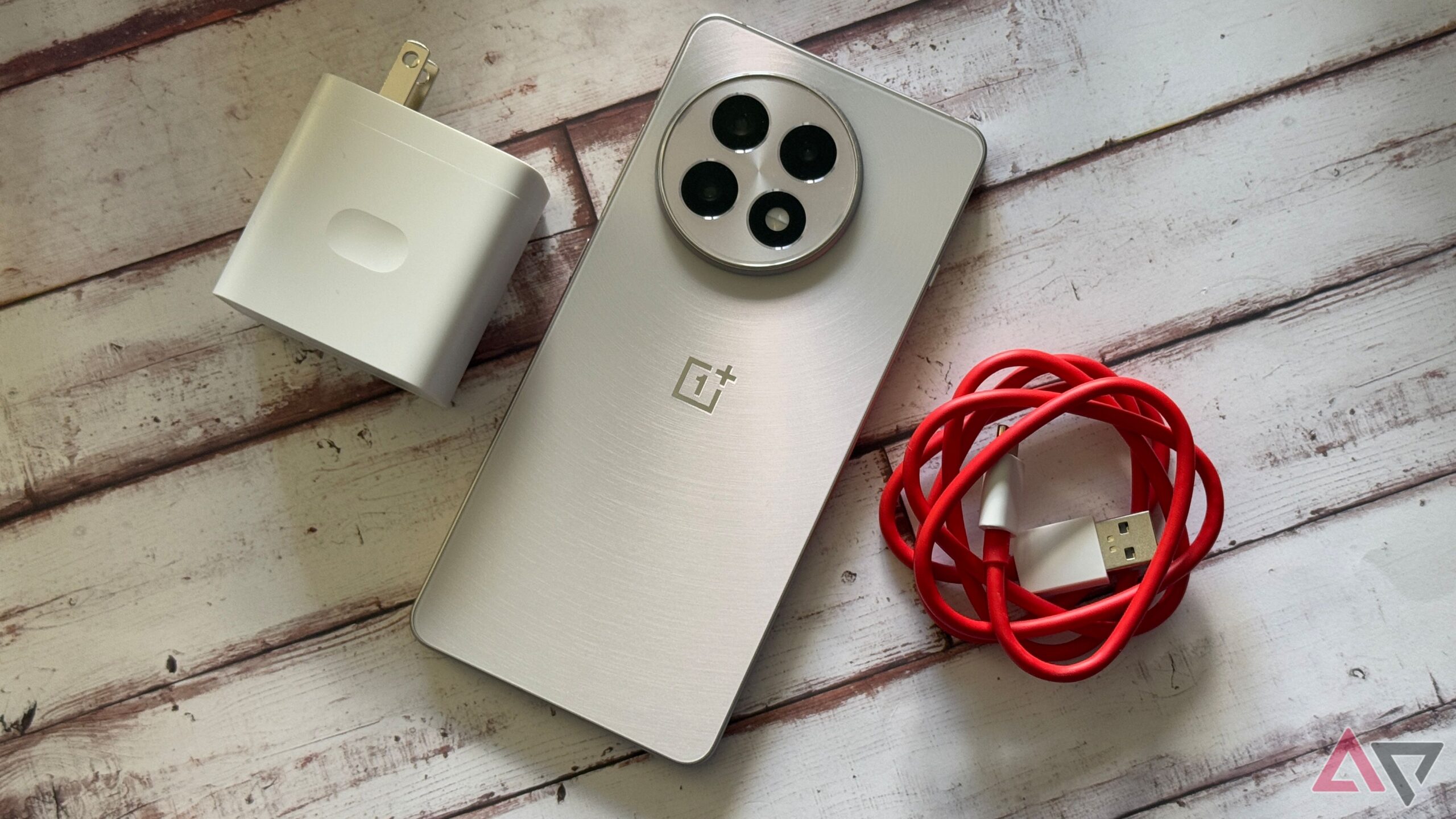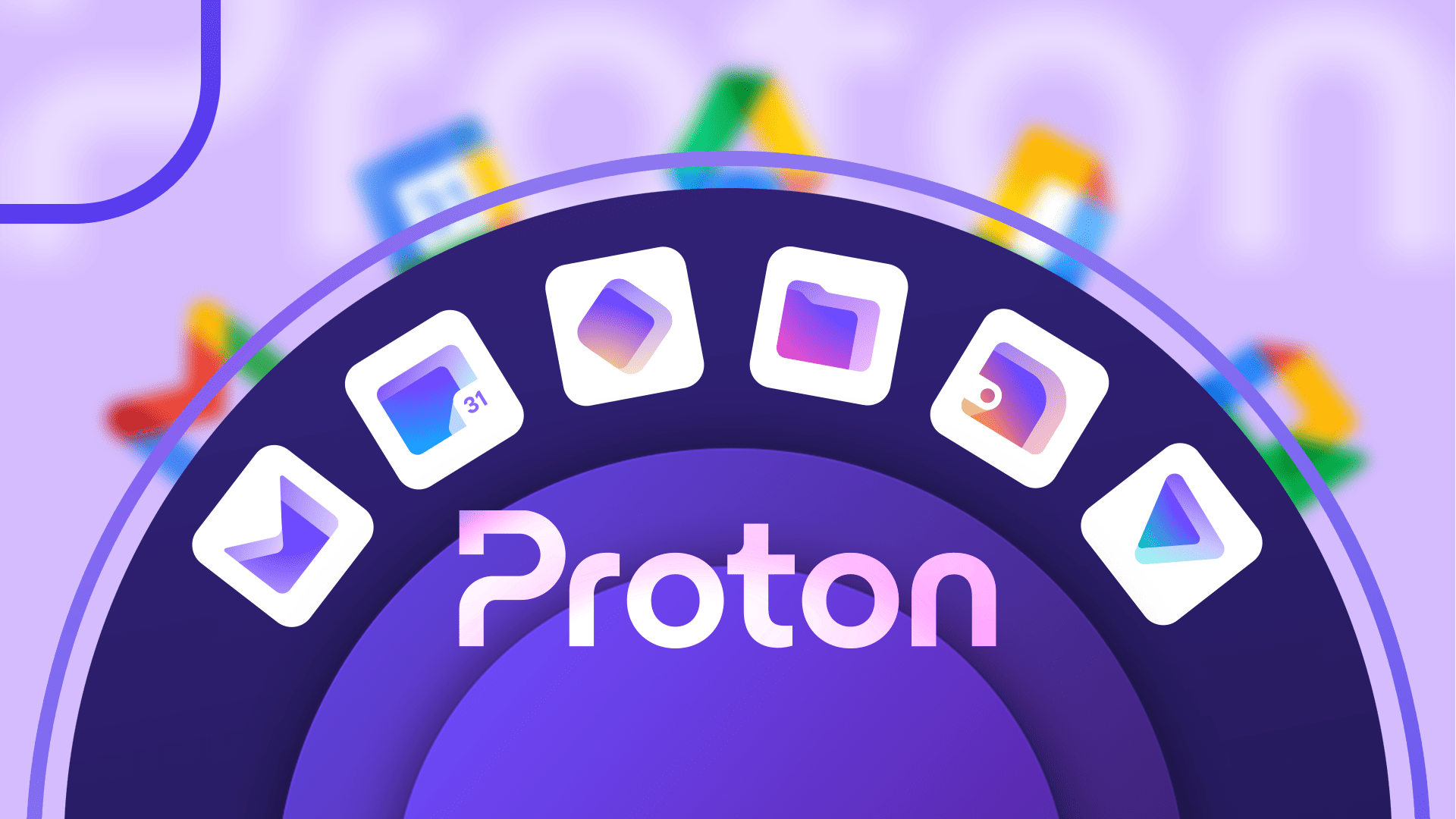spotify nukes 75 million spammy tracks adds Spotify has made a significant move by removing over 75 million spammy tracks from its platform, signaling a robust effort to combat the influx of low-quality, AI-generated content.
spotify nukes 75 million spammy tracks adds
The Scale of the Cleanup
In a sweeping initiative, Spotify has undertaken a massive cleanup operation, eliminating more than 75 million tracks that have been deemed spammy or of low quality. This action, which took place over the past year, highlights the company’s commitment to maintaining the integrity of its music library and enhancing user experience. The decision comes in response to growing concerns about the proliferation of AI-generated music, which has increasingly cluttered playlists and diluted the quality of content available to listeners.
Understanding Spammy Tracks
Spammy tracks can be defined as low-quality audio files that do not meet the artistic or production standards typically expected from music on streaming platforms. These tracks often include repetitive sounds, minimal variation, and lack of originality. Many of these songs are generated by algorithms or AI, which can produce music at an alarming rate, leading to an oversaturation of content that can overwhelm users.
The rise of AI in music production has led to a surge in the number of tracks uploaded to platforms like Spotify. While some AI-generated music can be innovative and enjoyable, a significant portion fails to resonate with listeners, resulting in a backlog of content that detracts from the overall user experience. Spotify’s recent actions reflect an effort to filter out this noise and provide a more curated selection of music.
The Implications of the Purge
Removing such a large volume of tracks has several implications for Spotify, its users, and the broader music industry. First and foremost, this move is likely to enhance the listening experience for users. By eliminating low-quality tracks, Spotify aims to ensure that users can discover and enjoy high-quality music without being overwhelmed by irrelevant content.
Impact on Artists
For artists, the removal of spammy tracks could have mixed implications. On one hand, legitimate artists may benefit from a more streamlined platform where their music can stand out more prominently. On the other hand, some independent musicians who rely on AI tools for music creation may find their work caught in the crossfire. The challenge lies in distinguishing between genuine artistic expression and content generated solely for the purpose of filling playlists.
Spotify’s actions may also prompt artists to reconsider their approach to music production. As the platform tightens its standards, musicians may feel encouraged to invest more time and resources into their work to ensure it meets the quality expectations of both the platform and its users. This could lead to a renaissance of creativity and innovation within the music industry.
Stakeholder Reactions
The response from various stakeholders has been largely positive, with many praising Spotify for taking a stand against low-quality content. Music industry professionals, including producers and record labels, have expressed support for the initiative, recognizing the importance of maintaining high standards in music production. The move is seen as a necessary step to protect the integrity of the platform and foster a healthier music ecosystem.
However, there are also concerns regarding the criteria used to determine what constitutes a spammy track. Some artists fear that their music may be unfairly categorized, leading to unintended consequences for their careers. The challenge for Spotify will be to develop a transparent and fair system for evaluating tracks, ensuring that genuine artists are not penalized in the process.
Technological Measures: The New AI Filter
In conjunction with the removal of tracks, Spotify has introduced a new AI filter designed to prevent the upload of spammy content in the future. This filter utilizes advanced algorithms to analyze tracks before they are made available on the platform. By employing machine learning techniques, Spotify aims to identify and flag low-quality content, preventing it from reaching users in the first place.
How the AI Filter Works
The AI filter operates by examining various attributes of a track, including its structure, tempo, and overall sound quality. It assesses whether the content aligns with the standards set by Spotify and identifies patterns commonly associated with spammy tracks. This proactive approach not only streamlines the content available on the platform but also helps maintain a higher level of quality for users.
Moreover, the implementation of this filter reflects a growing trend within the music industry to leverage technology for quality control. As AI continues to evolve, it is likely that similar measures will be adopted by other streaming platforms, further shaping the landscape of music consumption.
The Future of Music Streaming
Spotify’s recent actions may signal a broader shift in the music streaming industry. As platforms grapple with the challenges posed by AI-generated content, the need for quality assurance will become increasingly important. Companies may need to invest in more sophisticated technologies to ensure that their libraries remain relevant and appealing to users.
Potential Industry Changes
As the industry adapts to these changes, we may see a rise in collaborative efforts between artists and technology developers. Musicians may begin to explore new ways of integrating AI into their creative processes, leading to innovative forms of music that push the boundaries of traditional genres. This collaboration could foster a new wave of creativity that enhances the overall music experience for listeners.
Additionally, the focus on quality may lead to a reevaluation of how music is marketed and promoted. As platforms prioritize high-quality content, artists may need to adopt new strategies to reach their audiences. This could involve a greater emphasis on storytelling, visual content, and engagement with fans, as artists strive to differentiate themselves in a crowded marketplace.
Conclusion
Spotify’s decision to remove over 75 million spammy tracks and implement a new AI filter represents a significant step in the ongoing battle against low-quality content in the music streaming industry. By prioritizing quality over quantity, Spotify aims to enhance the user experience and maintain its reputation as a leading platform for music discovery.
As the music landscape continues to evolve, the implications of this move will likely resonate throughout the industry. Artists, producers, and technology developers will need to adapt to these changes, embracing new opportunities for creativity and innovation. Ultimately, Spotify’s actions may pave the way for a more vibrant and engaging music ecosystem that benefits both artists and listeners alike.
Source: Original report
Was this helpful?
Last Modified: September 26, 2025 at 2:43 am
0 views















